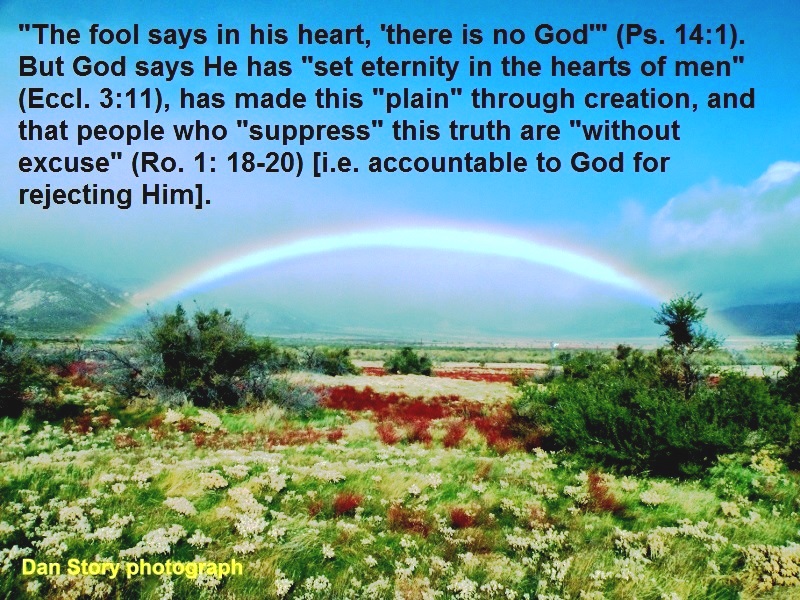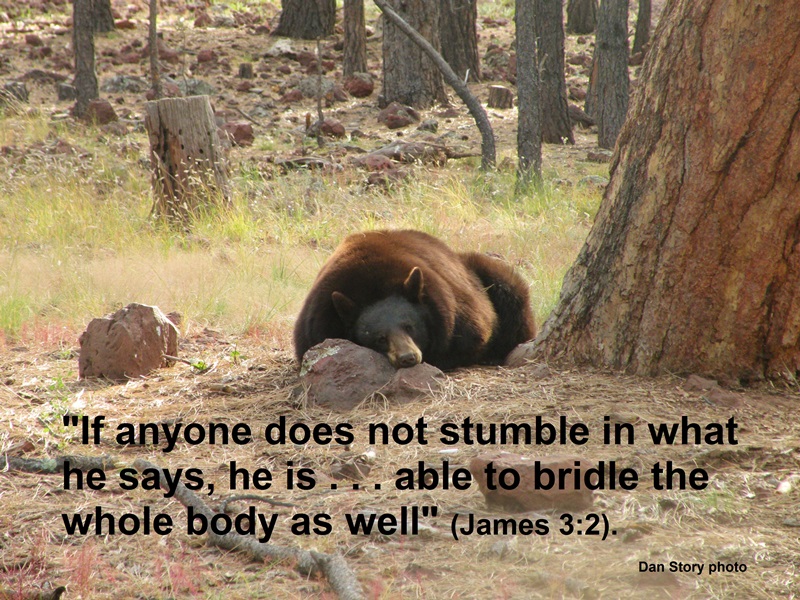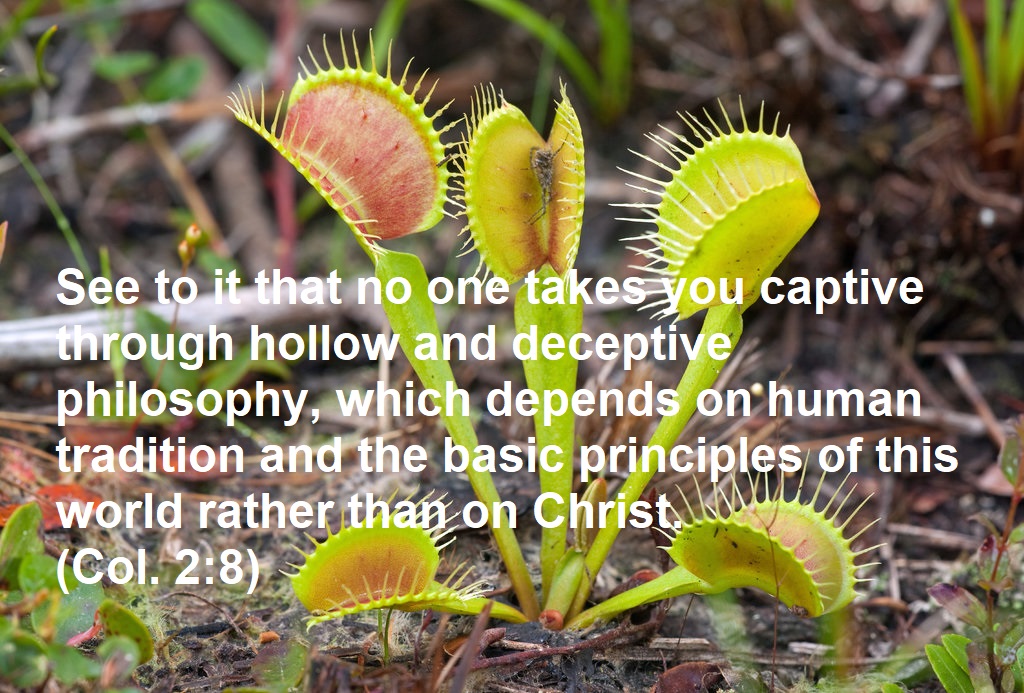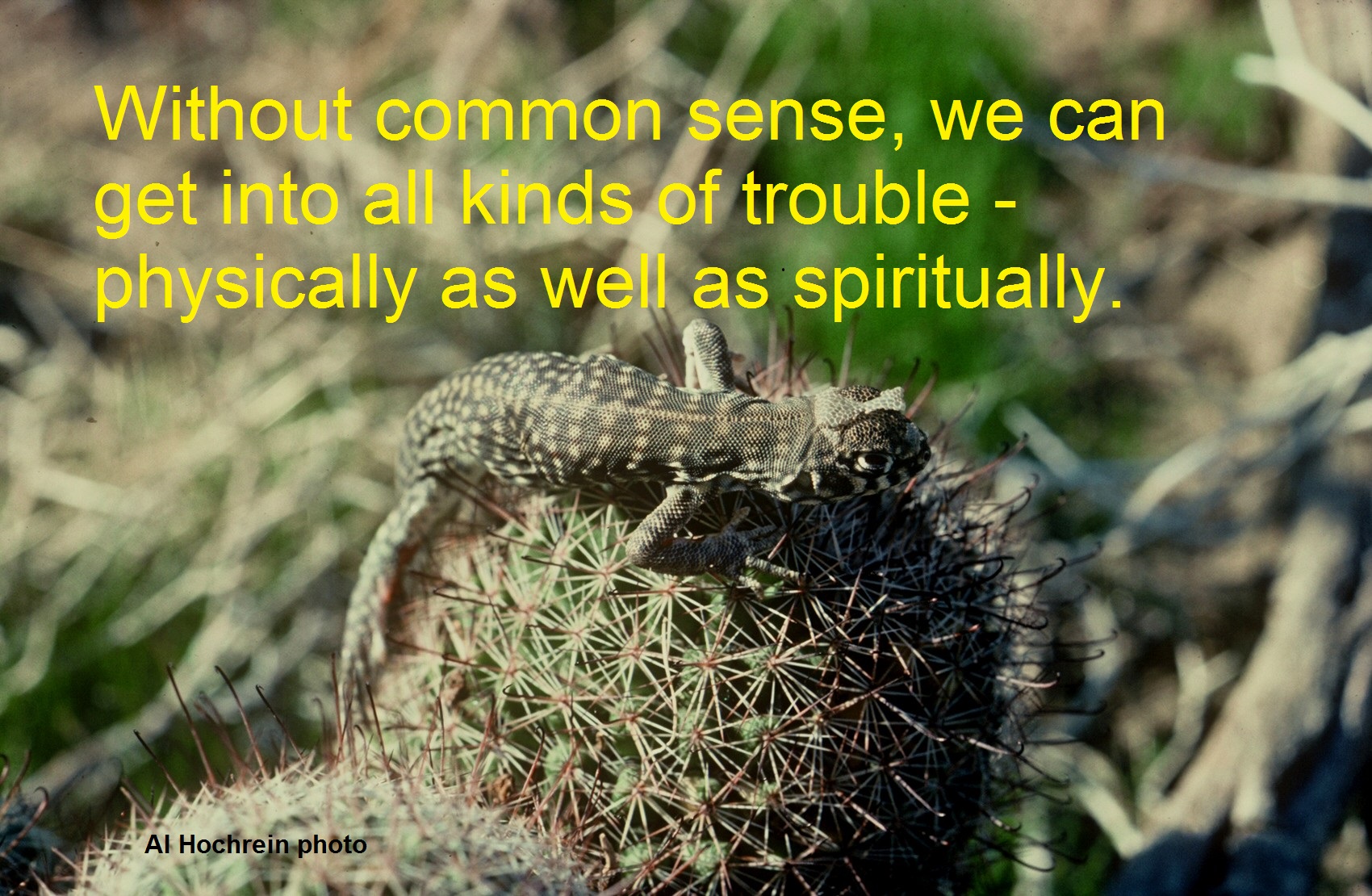Note: If you have not signed up to join my blog email list, please click on “contact” above and send me your name and email address. You will receive a personal notice when I post a new blog and avoid missing future blogs in this and other series. I do not share email addresses.

Part Twelve: Responding to Atheists and Skeptics Using Offensive Apologetic Tactics?
- I don’t believe that God exists!
- If I gave you evidence that demonstrates beyond reasonable doubt that God exists, would there be any reason for you to reject God’s existence? If so, I’d like to know why.
- There is no scientific, philosophical, or logical reason not to believe God exists. So is your disbelief in God just a personal opinion, or do you have some verifiable reason to reject His existence?
- There is no proof God exists!
- As I see it, there are only three possible ways for the universe to come into existence. It created itself, it always existed, or God created it. Since the laws of physics and logic demonstrate that the universe is not eternal, nor could it have caused itself to exist, do you have another option besides God being the creator?
- If everything that exists has a cause, God must have a cause!
- Only things that have a beginning have a cause. The God of the Bible is self-existing and eternal. Why would God need a cause?
- If God is the First Cause, what came before “first?”
- Atheists can be just as morally upright as Christians. We don’t need a God to tell us how to behave!
- True, atheists can be just as morally upright as Christians, but why should they? If there is no God to communicate eternal standards for moral behavior and hold people accountable if they violate those standards, why shouldn’t people do as they please?
- If people disagree over what’s moral and immoral and are free to set their own moral standards – and if God doesn’t exist and set ethical standards – on what basis can we condemn pedophilia or infanticide for people who want to practice them?
- In Western civilization, traditional moral standards have their source in the Judeo/Christian religions. Doesn’t this mean the ethics atheists accept come from God? If not, where did they originate?
- How can you claim God exists when there is so much suffering and evil in the world?
- For the sake of argument, let’s say that God doesn’t exist. What is your solution to human suffering and evil if there is no God to comfort people in this life and no hope for a future life where there will be no pain, suffering, and evil?
- If God is all-loving and all-powerful and yet chooses to allow evil and human suffering to remain, He must have a good reason. Wouldn’t it be wise to at least see what that reason is?
- Why do you blame God for evil acts that people are responsible for—such as war, murder, rape, and child abuse?
- What does an atheist say to a parent whose child is dying of cancer? “Gee what a shame.” “Tough luck” “I’m sorry to hear that” (I think it was William Lane Craig who wrote this last response)








